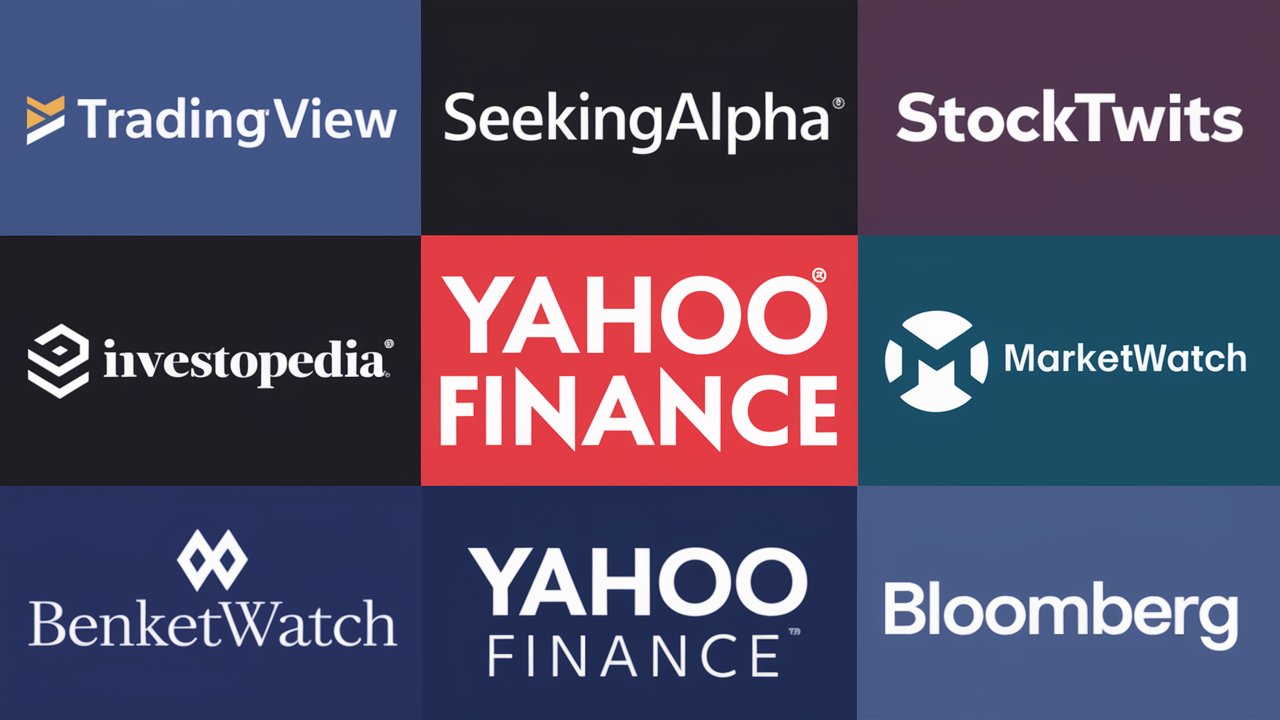All-in-One Solutions:
- Qapita: User-friendly and comprehensive, ideal for rapid growth.
- Ledgy: Streamlined workflow with investor portal and fundraising tools.
- Visible.vc: Highly visual interface with a focus on data insights.
- Pulley: Collaborative platform with flexible reporting and integrations.
Focused Players:
- Captable.io: Cost-effective and simple cap table management.
- Cake Equity: Streamlined option management with automated vesting.
- EquityEffect: Investor-centric platform with customizable dashboards.
- Capdesk: Secure and efficient platform for raising capital.
Niche Solutions:
- Shareworks by Morgan Stanley: Comprehensive global equity management.
- Global Shares: Expert handling of cross-border share plans.
- LTSE Equity: Dedicated platform for secondary trading of shares.
Bonus:
- Consider in-house management for simple cap tables.
- Prioritize legal and tax compliance with any platform change.
- Choose a platform that scales with your growth.
Remember, the best Carta alternative depends on your specific needs and stage. Research, compare, and choose the platform that empowers your startup journey!
Navigating the Equity Management Landscape:
In my 25 years as a product reviewer and startup mentor, I’ve seen my fair share of cap table chaos. Carta, the dominant player in equity management, isn’t without its flaws, especially for early-stage startups. So, when the dinosaur starts feeling clunky, where do you turn? Fear not, intrepid founders, for a vibrant ecosystem of Carta alternatives awaits, each with its own set of strengths and quirks. But before you dive in, let’s take a moment to understand your needs and Carta’s shortcomings.
Understanding Your Needs:
Every startup is unique, so your ideal equity management platform will be too. Consider:
- Size and Stage: Are you a lean, bootstrapped team or a rapidly scaling venture? A platform that caters to your specific stage will offer relevant features and pricing.
- Complexity: Do you have a simple cap table with a handful of investors, or is your ownership structure intricate with options, convertible notes, and multiple funding rounds? Choose a platform that can handle your current and future complexities.
- Budget: Be realistic about your resources. While premium platforms offer bells and whistles, free or affordable options may suffice for your immediate needs.
- Desired Features: Prioritize the features that matter most, like cap table management, fundraising tools, reporting capabilities, and integrations with other software you use.
Carta’s Shortcomings:
Carta shines for mature companies with complex cap tables and deep pockets. But for early-stage startups, it can be overkill. Common gripes include:
- Pricing: Carta’s tiered pricing structure can feel steep for bootstrapped startups, especially as features scale with headcount.
- Inflexibility: The platform caters to a broad range of needs, potentially leading to feature overload and a less intuitive experience for simpler requirements.
- Limited Early-Stage Features: Some essential functionalities for startups, like option management and fundraising tools, may be missing or buried under layers of complexity.
Now, let’s unleash the contenders…
Unveiling the Contenders: A Spectrum of Options.
The Carta alternatives landscape is diverse, offering a buffet of platforms to suit your unique startup palate. We’ll categorize them based on their focus and approach:
1. All-in-One Solutions:
These platforms aim to be your one-stop shop for all things equity management. They’re comprehensive, user-friendly, and offer a smooth workflow. But be prepared for potential feature overload and higher costs.
- Pros: Streamlined user experience, comprehensive feature set, eliminates the need for multiple tools.
- Cons: Potentially overwhelming learning curve, higher subscription fees, may not excel in specific areas.
- Examples: Qapita, Ledgy, Visible.vc, Pulley.

2. Focused Players:
These platforms excel in specific functionalities, offering a cost-effective and customizable experience. However, they may require integration with other tools for broader cap table management.
- Pros: Deep expertise in specific areas (e.g., option management), cost-effective, customizable features.
- Cons: May require integration with other tools, a limited scope compared to all-in-one solutions.
- Examples: Captable.io, Cake Equity, EquityEffect, Capdesk.
3. Niche Solutions:
For highly specialized needs, like managing employee stock options or global compliance, niche solutions offer targeted expertise. But be mindful of potential fragmentation and compatibility issues.
- Pros: Highly specialized tools for specific pain points, enhanced capabilities in niche areas.
- Cons: Limited scope, potential compatibility issues, additional cost for integration.
- Examples: Shareworks by Morgan Stanley, Global Shares, LTSE Equity.
Choosing the Champion: Weighing the Pros and Cons.
With so many options, selecting the right platform requires careful consideration. Here’s how to navigate the decision-making maze:
- Feature Comparison: Create a matrix comparing key features (cap table management, fundraising, reporting) across platforms to identify the best fit for your needs.
- Pricing Structures: Evaluate subscription models, hidden fees, and scalability to ensure the platform aligns with your budget and potential growth.
- Ease of Use and Support: Consider the user interface, onboarding process, and customer service quality to ensure a smooth and supported experience.
- Integrations and Security: Assess data security measures and compatibility with existing tools to avoid fragmentation and ensure data integrity.
Beyond the Alternatives: Additional Considerations.
Moving beyond platform selection, remember these crucial aspects:
- In-house Management: Weigh the pros and cons of managing your cap table in-house, considering workload, expertise, and legal compliance.
- Legal and Tax Implications: Consult legal and tax professionals to ensure cap table changes comply with relevant regulations.
Beyond the Alternatives: Additional Considerations.
As you embark on your equity management journey, beyond platform selection, several crucial aspects deserve your attention:
In-house Management:
While Carta alternatives offer convenient software solutions, managing your cap table in-house can be a viable option for some startups. Consider the pros and cons before making a decision:

- Pros:
- Cost-effective: Avoid subscription fees and potential hidden costs.
- Full control: Tailor the process to your specific needs and preferences.
- Flexibility: Adapt your approach as your company grows and evolves.
- Cons:
- Workload: Managing the cap table can be time-consuming and requires dedicated personnel.
- Expertise: Ensure you have the necessary legal and financial knowledge to maintain accuracy and compliance.
- Scalability: In-house management may become cumbersome as your investor base and cap table complexity increase.
Ultimately, the decision to manage your cap table in-house or rely on a software platform hinges on your resources, expertise, and future growth projections. Be honest with yourself about your capabilities and seek professional guidance if needed.
Legal and Tax Implications:
Cap table changes are delicate matters with both legal and tax implications. Don’t take them lightly. Here’s what you need to consider:
- Securities regulations: Ensure your cap table management complies with relevant securities regulations in your jurisdiction. Consult with a qualified securities lawyer for expert guidance.
- Tax consequences: Changes in ownership structure can trigger tax implications for investors and founders. Consult with a tax advisor to understand potential tax liabilities and optimize your structure.
- Recordkeeping: Maintain meticulous records of all cap table changes, including investor agreements, funding rounds, and option grants. This documentation is crucial for legal and tax compliance, as well as future fundraising efforts.
Futureproofing Your Choice:
The startup landscape is dynamic, and your equity management needs will evolve alongside your company. Choose a platform that can adapt and scale with you:
- Scalability: Consider the platform’s ability to handle increasing investor numbers, complex cap structures, and future funding rounds.
- Integrations: Choose a platform that integrates seamlessly with other tools you use, like accounting software, CRMs, and communication platforms.
- Flexibility: Opt for a platform that offers customization options and allows for future feature expansions to accommodate your evolving needs.
Remember, selecting the right equity management solution is an investment in your startup’s future. Take your time, do your research, and prioritize platform features that not only address your current needs but also pave the way for smooth scaling and growth.
Questions to Spark Further Exploration:
- Which Carta alternative is best for bootstrapped startups?
For bootstrapped startups, prioritizing affordability and a focus on essential features is key. Consider platforms like Captable.io, Cake Equity, or Pulley. They offer cost-effective plans with core functionalities like cap table management and basic fundraising tools, ideal for managing a smaller investor base and avoiding unnecessary bells and whistles. Remember, you can always upgrade as your needs grow.

- Can I switch from Carta to another platform seamlessly?
Most platforms offer data migration services to transition your cap table from Carta to their system. However, the level of support and ease of migration can vary. Research the specific process offered by your chosen platform, and ensure they can accommodate your existing cap table structure and data format. Don’t hesitate to contact their support team for clarification and guidance.
What are the best options for managing employee stock options?
Several platforms specialize in managing employee stock options with dedicated features and compliance tools. Capdesk, Shareable, and EquityZen are good examples. They offer functionalities like option grant issuance, vesting schedules, exercise tracking, and tax reporting, simplifying the process and ensuring accuracy. Consider your option plan complexity and future growth when making your choice.
How can I ensure secure cap table management with an alternative platform?
Data security should be a top priority when choosing an equity management platform. Look for platforms that offer robust security features like multi-factor authentication, data encryption, and regular security audits. Additionally, research their compliance with relevant data privacy regulations, such as GDPR and CCPA. Don’t compromise on security when storing sensitive financial and ownership information.
What legal advice should I consider when changing equity management tools?
Consulting with a legal professional is crucial before switching from Carta or any platform to ensure a smooth and compliant transition. They can advise on potential legal and tax implications of changing platforms, review your data migration process, and ensure all agreements and documentation are properly transferred. Their expertise can save you headaches and ensure you’re navigating this change legally and accurately.
Remember, selecting the right equity management platform is a crucial decision for your startup’s future. Use these questions and the insights provided in this guide to explore your options thoroughly and make an informed decision. By investing time and effort into choosing the right tool, you’ll set your startup on the path to smooth cap table management and successful growth.
Conclusion: Embracing Your Equity Management Journey.
Choosing the right equity management platform is not merely a tactical decision – it’s a strategic investment in your startup’s future growth and stability. By prioritizing your needs, understanding your options, and considering the broader implications, you can confidently navigate the vibrant landscape of Carta alternatives and discover the perfect fit for your unique journey.
Remember, the ideal platform is not a one-size-fits-all solution. Embrace your individual needs, prioritize security and compliance, and choose a platform that can scale alongside your ambitions. As your startup evolves, your equity management needs will adapt as well. Stay informed, explore new options, and don’t hesitate to adjust your approach as necessary.
By approaching equity management with a proactive and informed mindset, you can ensure your cap table remains accurate, organized, and compliant, paving the way for successful fundraising, attracting investors, and ultimately, achieving your entrepreneurial dreams.
Now, take this knowledge and embark on your personalized equity management journey. The right platform awaits, ready to become a valuable partner in your startup’s ascent. Go forth, conquer, and remember – your cap table is the roadmap to your success.
Bonus Tip: Leverage online communities and forums for startups and founders to connect with peers, share experiences, and get recommendations on specific platforms and best practices. The collective wisdom of others can be invaluable in your research and decision-making process.
We hope this comprehensive guide has equipped you with the knowledge and confidence to navigate the world of equity management and select the perfect platform for your startup’s unique needs. Good luck on your entrepreneurial journey!
I am commitment to crafting compelling narratives and delivering insightful content continues to inspire and inform readers across various platforms. Explore her articles on AlternativesZone.com and FactAfterFact.com to experience a rich tapestry of knowledge and discovery. Here I Analyze and Test the products and services together with my team before we recommend them to our users. Nice Reading Here!











